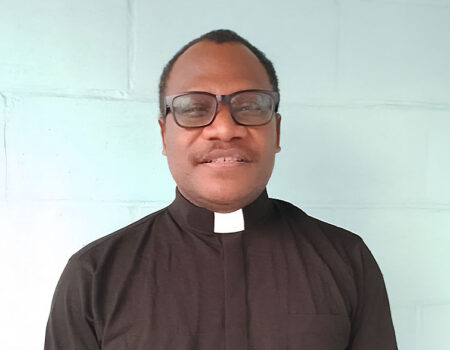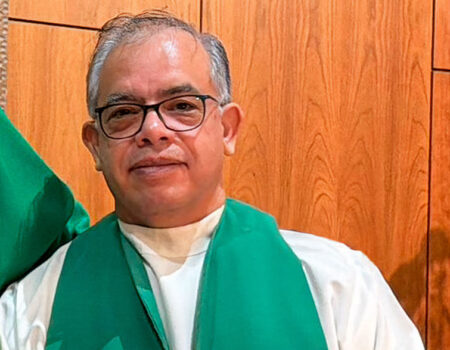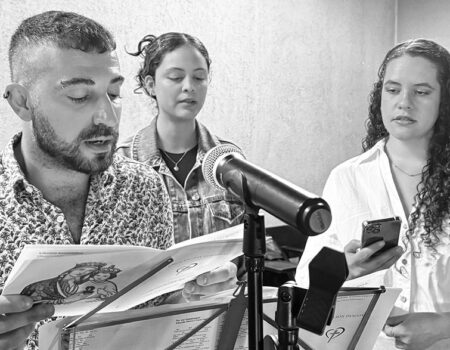Reflection of Dilexit Nos
Tuesday December 24, 2024

“The Human and Divine Love of the Heart of Christ”.
On Oct 24th 2024, Pope Francis issued a new Encyclical, Dilexit Nos on “The Human and Divine Love of the Heart of Christ.”
The Underlying Vision. In the opening pages, Francis refers to the liquid society of our time in which people have become decentred not merely from God and their faith but also themselves and from one another, leaving us with a world that often feels superficial, fragmented, heartless, and blind to the gift of God’s love for us.
Almost 80% of this encyclical is about revisiting the tradition of the Sacred Heart as outlined in Scripture and Church tradition, with a more specific focus on the developments of the 1800s from the time of St. Margaret Mary Alacoque onwards. We MSCs are already well acquainted with this material thanks to the inspiring writings of colleagues like Jon Bovenamers, Eugene Cuskelly, and Hans Kwakmann.

Scripture is quoted at great length throughout the document – from both the Old and New Testaments – emphasising literal interpretation. This is in keeping with an understanding of the Sacred Heart as predominantly about devotion and consolation. Obviously, for the millions suffering from poverty, violence, exploitation, and discrimination around the world, this is a reassuring and comforting message. Indeed, without this kind of devotion, millions would succumb to anomie and absolute despair.
However, a serious theological issue is not addressed in this encyclical. The devotion in itself, so important for sheer survival and some semblance of meaning in life, does little or nothing to change the plight of such people, nor does it in any way address the systemic and structural issues that oppress and marginalise people in the first place. Paradoxically, it can reinforce the corrosive elements of the “liquid society” referenced by Pope Francis in so far as it encourages a kind of childlike co-dependency bereft of the critical wisdom of a more adult sense of faith.
Contemporary theologians highlight the need to “rework the tradition” and not merely restate it. Through this more discerning approach, we honour a tradition’s inherited vitality while being open to the “reworking” desired by the Spirit for the ever-new situations confronting our faith today. That call to rework the tradition is missing in Dilexit Nos.
At no stage does this encyclical distinguish between the devotion of consolation (with comfort and consolation as the keywords) and the spirituality of liberation (primarily focussed on Gospel liberation and mutual empowerment). The danger here is that devotionalism can undermine theological discernment. One can argue that both dimensions have a basis in scripture and, to a lesser degree, in the tradition of the church, but theologically, the spirituality of liberation is more foundational to the empowering and transformative vision of the New Reign of God (the Kingdom).
The MSC Context. Back in the 1970s, I recall Fr Eugene Cuskelly introducing us to the distinction between the Devotion and the Spirituality of the Heart and inviting us to embrace the latter in accordance with the updating of our MSC charism recommended by Vatican Two. Some of us got the message, others were confused, and others still could not figure out the distinction between the two approaches. For Cuskelly, the important point was that we start with God’s unconditional love for us and move on to discerning how we, too, are called to love unconditionally.
I am fascinated with the fact that Dilexit Nos begins with that very same claim (No.1), even to the point of citing 1 Jn 4:16: “We have come to know and believe in the love that God has for us.” But rarely in the document does Francis return to that key point (cf. Nos 35, 48ff). The devotion takes over, and the emphasis shifts to a rather narrow personal understanding of discipleship, Church-centred rather than world-focussed. Comfort and consolation take priority – even the suggestion that we should comfort Jesus in his suffering (because of our sins) – Francis’ attempt at updating the notion of reparation.
I recall Fr Eugene Cuskelly introducing us to the distinction between the Devotion and the Spirituality of the Heart and inviting us to embrace the latter in accordance with the updating of our MSC charism recommended by Vatican Two.
Beyond the focus on human persons are the systemic and structural issues so central to Francis’s other encyclicals, particularly Laudato Si (2015) and Fratelli Tutti (2020). Not a single reference to either document in this encyclical till the very last section (Nos 217ff), and here we encounter what seems to be an after-thought, with a single reference to each document, inserted into No.217.
For us, MSCs, invited to discern the deeper meaning of our charism amid the cultural and theological challenges of the 21st century, Dilexit Nos does not have a great deal to offer. For those among us serving the poor and marginalized of our world, we too can draw comfort and consolation from this encyclical. But, in fact, there is relatively little new material here beyond what is already in our own inherited MSC tradition on this approach.
For those among us, seeking to discern the deeper and broader challenges of the Spirituality of the Heart, the other encyclicals, Laudato Si and Fratelli Tutti have a great deal more to guide and inspire us. Called to address the heartlessness of our time, the injustice and oppression of people – and our Earth – our charism still has a significant relevance, and a deep biblical congruence, for addressing the urgent issues facing humanity today.
The formidable challenges that face us are complex, and can no longer be addressed from within a kind of ecclesiastical isolation (or sense of superiority). Collaboration is essential as a way forward, inviting us to discern and engage people of every creed and none – who exhibit the love, compassion, and resilience of the heart. Every day we witness such people giving generous service – even at the price of their lives – amid the heartless situations of our contemporary world.
For the future we need to make those people our partners in mission. We want them to know that they are validated and affirmed, as co-partners with whom we seek “to build a new civilization of love.”(No.182). Without them the New Reign of God will not come to its fuller realization.
Diarmuid O’Murchu, MSC





